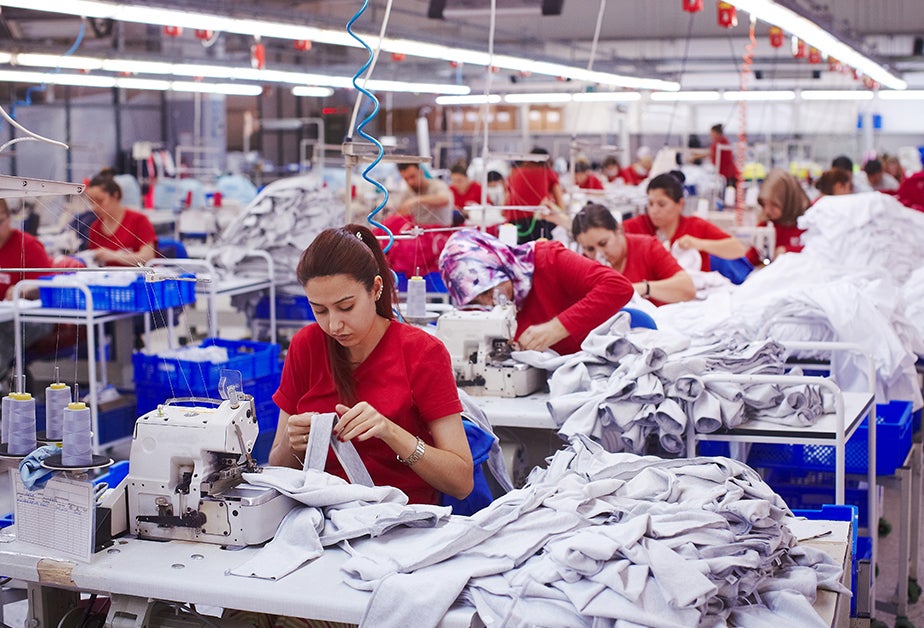As the coronavirus (COVID-19) continues to spread in most areas of the world, countries are struggling to define a path forward, navigating uncertain economic landscapes and risks to public health. Governments must make decisions that go beyond social-distancing measures, including how to entice investment in hard hit sectors. These decisions may have unintended consequences, including weakening labor rights.
The pandemic has created wide-spread changes across the business landscape and has already exacerbated labor rights risks. Companies must be aware of these emerging risks as they chart their way through the pandemic and into an uncertain future.
Relaxed Labor Rights Protections in India
Several states in India have suspended labor laws that regulate wages, collective bargaining, and working conditions. In Uttar Pradesh, the state government suspended 35 out of 38 laws regulating the labor sector for the next three years. Other states are considering following suit, potentially removing many hard-fought protections for much of the country’s near half-billion person labor force.
These proposals are egregious examples of the deterioration of global labor rights caused by COVID-19, but relaxing regulations are not the only risk to workers.
Weaker Bargaining Power for Workers
Both quarantine orders and decreased consumption have caused millions of job losses around the world. In Vietnam — one of the world’s largest manufacturing sectors, with millions of people employed in high-risk industries — millions of workers have been let go or furloughed. The large pool of people desperate for work reduces their bargaining power, making it difficult for worker groups or unions to win protections or improve working conditions. Vietnam is the world’s fourth-largest exporter of textiles and garments, an industry with a history of forced labor.
Risks to Businesses
As revenue streams for companies shrink around the world, businesses look for ways to limit the financial harm caused by COVID-19, increasing the risk of worker exploitation. Businesses may well employ cost-cutting measures, such as subcontracting work out to the informal economy, which would further exacerbate risks of labor rights violations.
Businesses are also facing unprecedented supply chain disruptions as many struggle with supply shortages and interruptions to essential services. In order to understand the broader risk profile, labor rights violations need to be considered in tandem with risks posed by other COVID-19 related impacts.
While COVID-19 restrictions pose challenges to onsite workplace audits, industries have long been working to move away from an audit-centric approach to compliance. COVID-19 has kicked this shift into high gear as businesses turn to the wide range of innovative tools they have at their disposal to drive change and awareness in their supply chain.
Making Adjustments for COVID-19
Companies will want to mitigate their risk exposure by first gaining visibility into the risks that are emerging as a result of COVID-19, and how it might be impacting their suppliers’ ability to meet compliance requirements. Businesses can then prioritize support and communication for suppliers that rely on vulnerable workers, have a low degree of financial stability, or operate in regions where the government response to workers impacted by COVID-19 has been insufficient.
From there, businesses can work closely with their suppliers to tackle the associated risks together and reaffirm values and expectations. While the current context may necessitate accommodations that differ from everyday acceptable practice — such as limitations on freedom of movement — these changes need to be time-bound so they don’t result in permanent shifts that undermine labor rights.
How Assent Can Help
Assent is the global leader in supply chain data management. By automating the supplier engagement process, companies can easily connect with their suppliers to gain visibility into risk and understand how they work together to ensure business continuity. Contact us to learn more.









